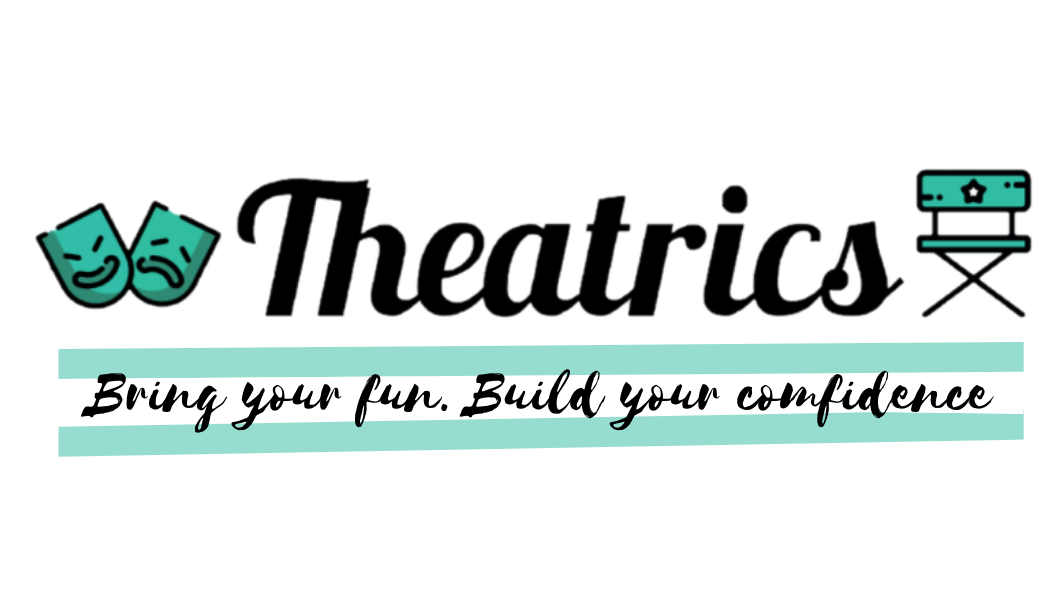About Us

Our Ethos
Theatrics is dedicated to providing a safe space that champions equality, inclusion and friendship. We believe in Drama, and its ability to foster individuality and creativity. Theatrics aims to educate children and young adults in the arts and its worth in public performance as well as private life.
Acting
Theatrics generally begins coaching LAMDA Acting exams at Grade 3, in a pupil’s first year of Secondary School. These exams build on very different skills than SVP, with a focus on performance including staging and displaying a range of emotions.
Theatrics encourages students to take one SVP exam and one Acting exam each year. In this curriculum, we naturally build towards the PCertLam qualification which is then completed in a pupil’s final year of Secondary School.
Public Speaking
LAMDA Public Speaking exams are a fantastic alternative for pupils who would prefer to share their own ideas to taking on a character to act.
These exams focus around writing and delivering speeches, with focus on how to cater to different audience types.
If you would like to read more about the benefits of drama, visit our “Why Drama?” page by clicking on the button…
Speaking Verse and Prose (SVP)
Coaching for SVP LAMDA exams from Stage 1 right up to Grade 8, exams can be taken with Theatrics from as early as P1. Pupils will build on skills year on year, eventually completing their Bronze, Silver and Gold Medal examinations. These provide a unique extra-curricular which will set individuals apart from other candidates in their pursuit of University, Apprenticeships or Jobs.
The exams revolve around speaking from memory as well as a theory element. This is beneficial for audibility, diction and projection as well as performance. In lower grades, pupils will perform a poem, and in later stages the exam will include extracts from novels and the study of sonnets.
Reading for Performance
These exams are a further alternative for pupils depending on their skill set. With Reading for Performance, there is creative license in the preparation of a recital around a chosen theme. This includes the reading (not learning) and performance of various pieces of literature under that theme.
PCertLam
The PCertLam qualification comprises of both a written Unit and a performance Unit.
The PCertLam pulls together all of the skills that have been worked on in previous exams, with a greater sense of individuality for students in the development of a theme and choosing of pieces.
This qualification also provides UCAS points and even letters after your name!



